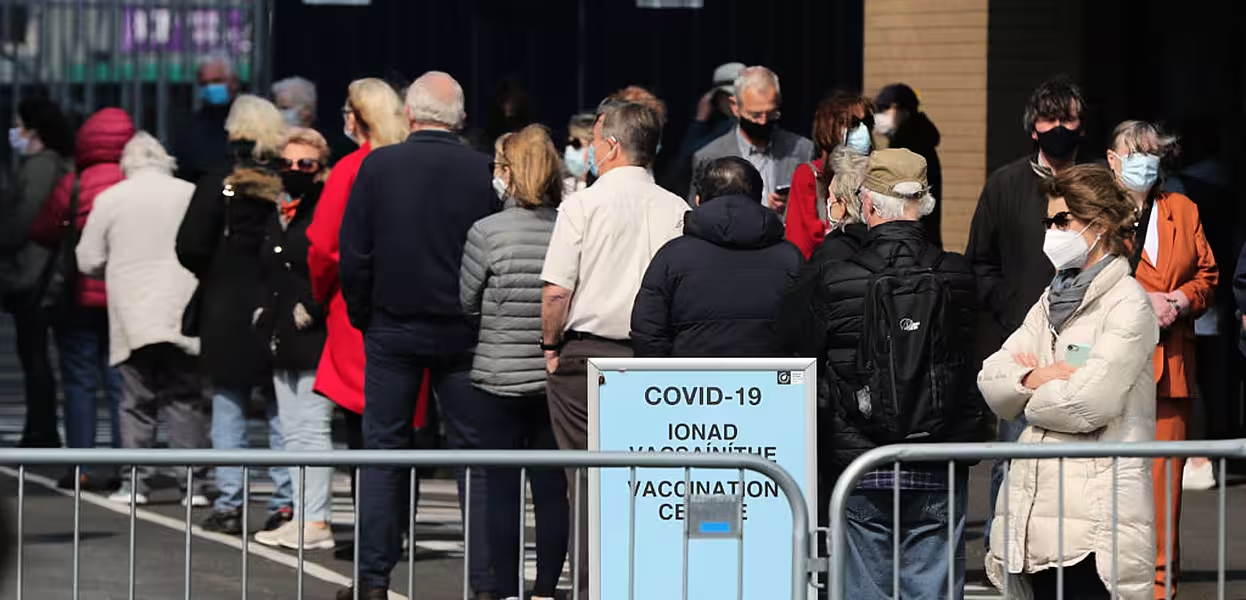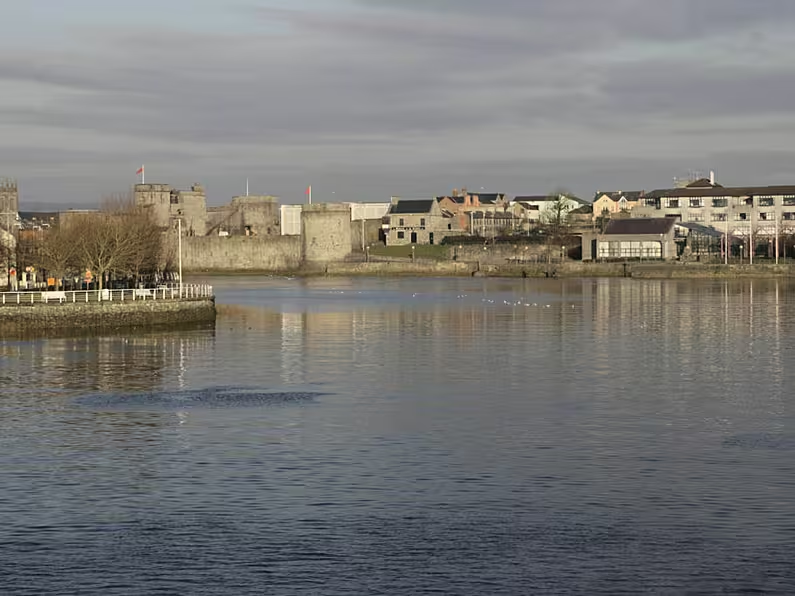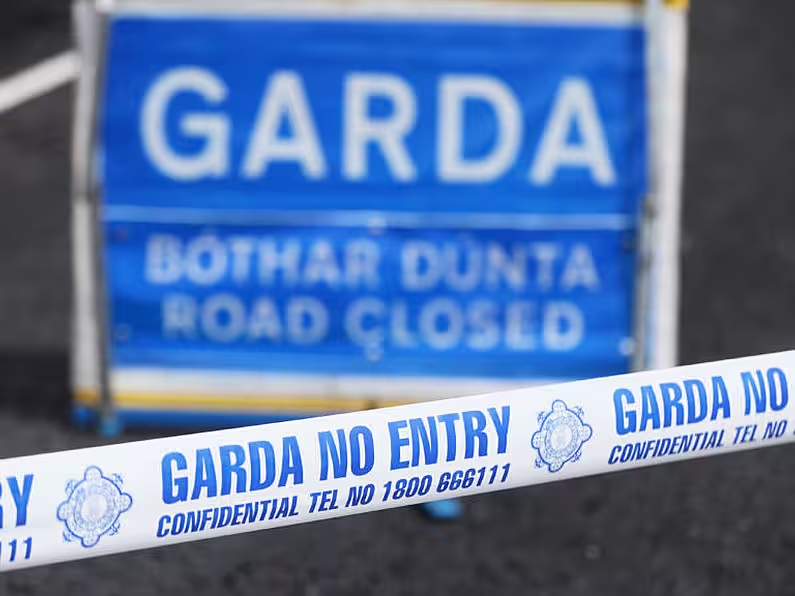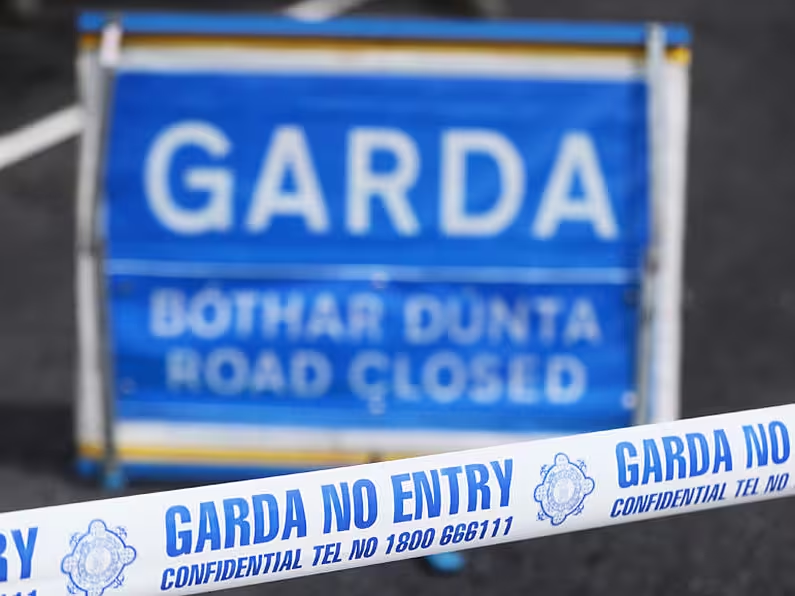
Michelle Devane, PA
Ireland is still seeing “concerning” levels of transmission of Covid-19, despite the country being in a “much better place” than earlier this year, the head of the health service has said.
Paul Reid warned continued vigilance is needed in tandem with the rollout of the State’s Covid-19 vaccination programme.
The HSE chief executive said more than 150,000 vaccinations will be administered next week, but he would not confirm whether they will reach the Government’s target of 250,000.

Mr Reid said it would all depend on the delivery of supplies of the Pfizer and Johnson & Johnson vaccines and the decision by the National Immunisation Advisory Committee (Niac) on the use of the J&J vaccine.
“It’s going to be over 150,000. That’s what we’re targeting, but I can’t give specifics,” he told the HSE weekly Covid-19 update briefing.
“It will hugely depend on the Niac decision.”
Mr Reid added: “It’s going to be over 150,000. I can’t give you a definitive number but it will be our best week yet.”
On Wednesday Taoiseach Micheál Martin said the target of administering 250,000 doses of vaccine weekly from next week had not changed.
Niac is due to make a decision next week on the use of the J&J vaccine after the European Medicines Agency (EMA) concluded that the benefits of the vaccine outweigh the risks of unusual blood clotting as a very rare side-effect.
Tánaiste Leo Varadkar has urged Niac to allow the J&J jab to be given to people under the age of 60.
Last week Niac ruled that the under-60s should not be given the AstraZeneca vaccine due to a similar rare blood clotting issue.
The HSE chief executive said 176 people with Covid-19 were in hospital on Thursday, down from 2,020 at the peak of the third wave.
Mr Reid said there were now fewer people in hospital with the virus than there was in intensive care units alone in January.
There were 47 people in ICU with the disease on Thursday.
Last week more than 106,000 lab tests were completed with a positivity rate of 2.7 per cent.
The average number of close contacts per person was 3.3.
A total of 338 swabs were completed on hotel quarantine staff and some 1,355 tests were completed on quarantined residents.
A total of 29 positive cases were detected overall.
“We continue to see many improvements and signs in many of the key measures including a reduction in the 14-day incidence rate compared to the previous week by 14 per cent,” Mr Reid said.
“Having said all of that we are still seeing concerning levels of transmission across the country.
“The continued vigilance of the public is still needed in tandem with the vaccination programme.”
Mr Reid said a total of 148,000 people aged between 65 and 69 had registered for the Covid-19 vaccine through the online portal since last week.
People aged between 60 and 64 will be able to register online for a Covid-19 vaccination from Friday.
The vaccine portal opens for everyone aged 60 to 64 tomorrow morning.@HSELive are asking people aged 64 to register first on Friday for their #CovidVaccine
We will then work our way down through those aged 63 to 60.
See https://t.co/LXV87JtP0a pic.twitter.com/pO4ukLJv5w— Micheál Martin (@MichealMartinTD) April 22, 2021
On Thursday morning Professor Sam McConkey said the J&J vaccine would be “very useful” in the rollout of the vaccination programme.
“I’m delighted the EMA has said ‘give it a licence’. It is licensed to sell here and I hope it is a substantial part of our national plan to get us out of Covid-19, and hopefully we can get a supply of it,” he told Newstalk Breakfast.
“When I look at the small risk of clots… people have bandied around one in a million, but when we see the data from the US, that’s sort of exactly where it’s coming.”
He said if the risk of severe illness or death from the virus is weighed up against the risk of severe side-effects, it differs depending on the person’s age.
Prof McConkey said there is almost an “equal risk-benefit” from taking the vaccine for people aged around 20.
But he added that for those aged 25-30 there is “clearly a substantial benefit” from having the vaccine.












